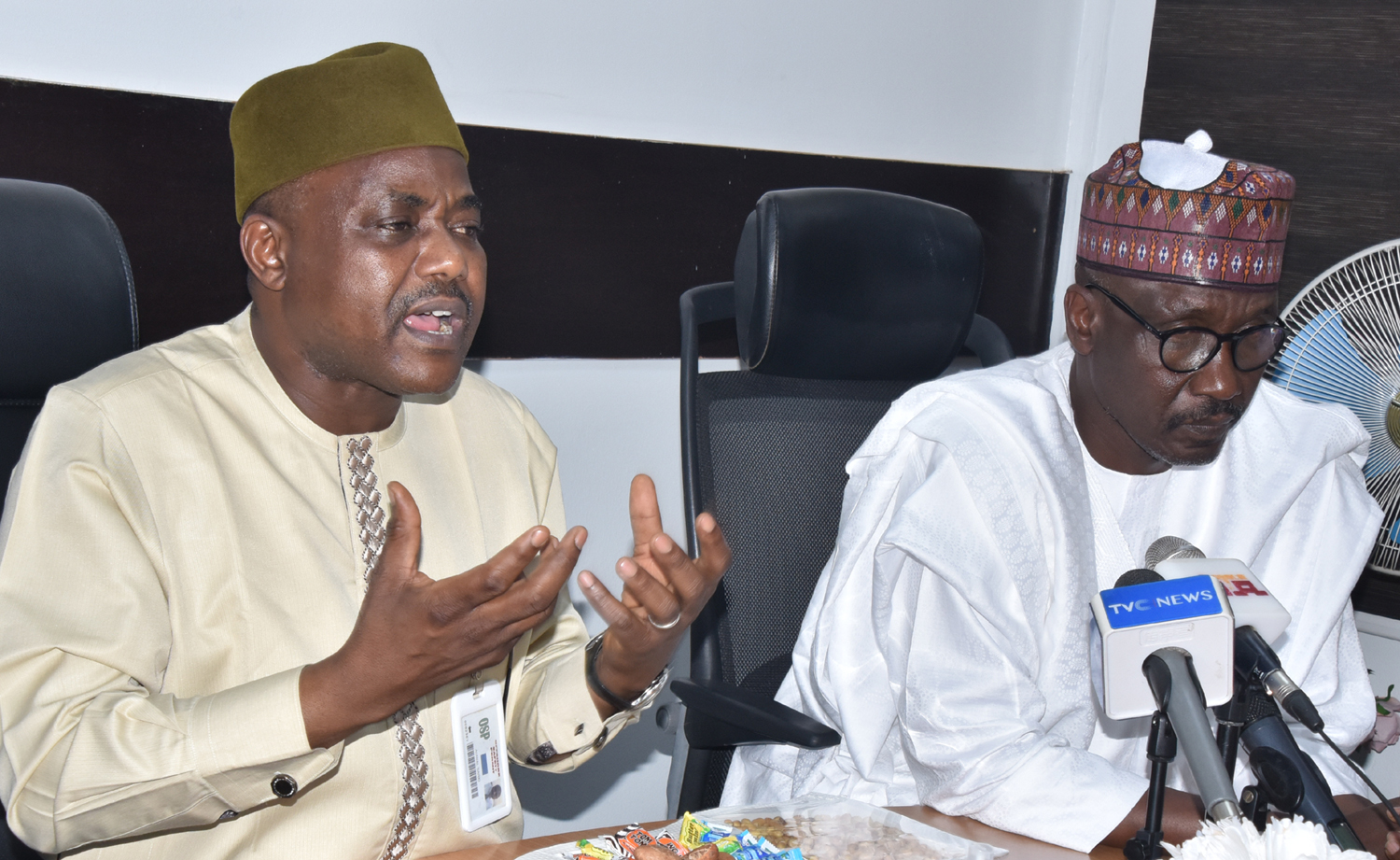Business
NNPC To Begin Sale Of Shares In 2024 – Kyari

The Group Managing Director of the Nigerian National Petroleum Corporation (NNPC), Mele Kyari, has said that the earliest the corporation can issue its Initial Public Offer to investors is in the next three years.
The NNPC boss disclosed this on Monday during an interview on Bloomberg TV Global Financial News.
The announcement is one of the outcomes of the Petroleum Industry Act recently signed on the state-owned corporation in the global market.
Speaking on the impact of the PIA on the NNPC, Kyari said the corporation would now be operated in line with the Companies and Allied Act.
However, he stated that the NNPC may not be able to offer its shares to the public by 2022 or 2023 due to certain bottlenecks that had lingered over the years.
Kyari said, “We will be in the position to consider any IPO in three years’ time; that is the provision of the law.
“But when you want to get ready for IPO, you need to do things different. You need to get your books correct; you need to recapitalise; you need to shape your portfolio and many more things that you have to do until you get IPO ready.
“Surely, it is not what we will do in 2022 or 2023; probably the earliest consideration will be in three years’ time”.
It was reported last week that the corporation declared a profit of N287bn in 2020, the first time the oil giant declared in 44 years.
Kyari had stated the profit fell far below the NNPC’s potential.
On the development, the GMD said, “Obviously this company is changing very fast and on the fast lane. We just declared profit for the fiscal year 2020.
“We are not getting ready for the IPO tomorrow; that is not exactly, that is not the situation. IPO really means this company is going to be profitable, it has a long trajectory, it has a short-term view of how things can be done better to align with the best practice in the industry.
“We are trying to see how we can relax the existing framework for energy transition that is ongoing all over the world.
“Every country is adjusting its portfolio by doing things differently in a better way and obviously in the long run, this is going to be a very great company and great companies always go for IPO.
“So, this is not something that we are going to do tomorrow. Obviously not. Our new law has made the provision that we can sell shares of this company, but in today’s context, I really say this company is doing great and getting an IPO means that it is going to be better than what it is today”.
Speaking on why the NNPC is taking stake in the 650,000 barrels per day of crude oil Dangote Refinery owned by Africa’s richest business man, he said the major consideration was energy security.
Transport
Nigeria Rates 7th For Visa Application To France —–Schengen Visa

Transport
West Zone Aviation: Adibade Olaleye Sets For NANTA President

Business
Sugar Tax ‘ll Threaten Manufacturing Sector, Says CPPE

In a statement, the Chief Executive Officer, CPPE, Muda Yusuf, said while public health concerns such as diabetes and cardiovascular diseases deserve attention, imposing an additional sugar-specific tax was economically risky and poorly suited to Nigeria’s current realities of high inflation, weak consumer purchasing power and rising production costs.
According to him, manufacturers in the non-alcoholic beverage segment are already facing heavy fiscal and cost pressures.
“The proposition of a sugar-specific tax is misplaced, economically risky, and weakly supported by empirical evidence, especially when viewed against Nigeria’s prevailing structural and macroeconomic realities.
The CPPE boss noted that retail prices of many non-alcoholic beverages have risen by about 50 per cent over the past two years, even without the introduction of new taxes, further squeezing consumers.
Yusuf further expressed reservation on the effectiveness of sugar taxes in addressing the root causes of non-communicable diseases in Nigeria.
-

 Niger Delta5 days ago
Niger Delta5 days agoPDP Declares Edo Airline’s Plan As Misplaced Priority
-

 Sports5 days ago
Sports5 days agoSimba open Nwabali talks
-

 Nation5 days ago
Nation5 days agoHoS Hails Fubara Over Provision of Accommodation for Permanent Secretaries
-
Niger Delta5 days ago
Stakeholders Task INC Aspirants On Dev … As ELECO Promises Transparent, Credible Polls
-
Niger Delta5 days ago
Students Protest Non-indigene Appointment As Rector in C’River
-

 Oil & Energy5 days ago
Oil & Energy5 days agoNUPRC Unveils Three-pillar Transformative Vision, Pledges Efficiency, Partnership
-
Nation5 days ago
Maternal Mortality: RSG Identifies 6 High Risk Local Government Areas
-

 Niger Delta5 days ago
Niger Delta5 days agoPolice Nab 7 Illicit Drugs Peddlers In Delta

